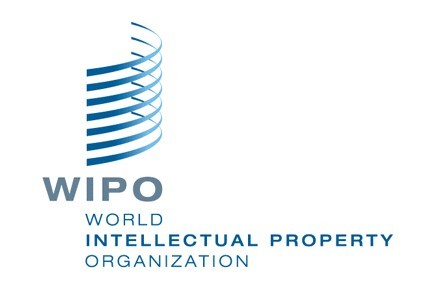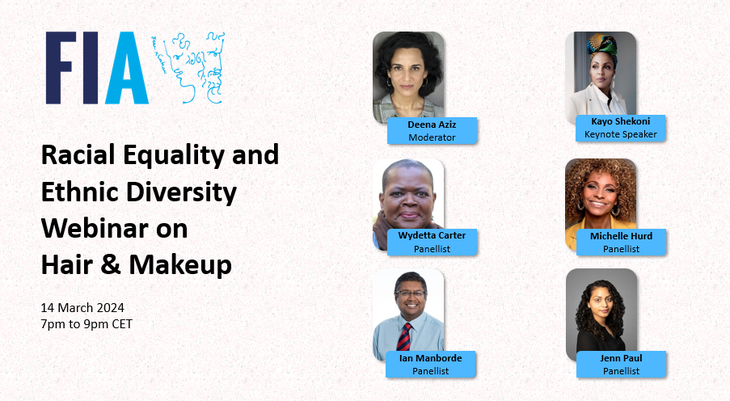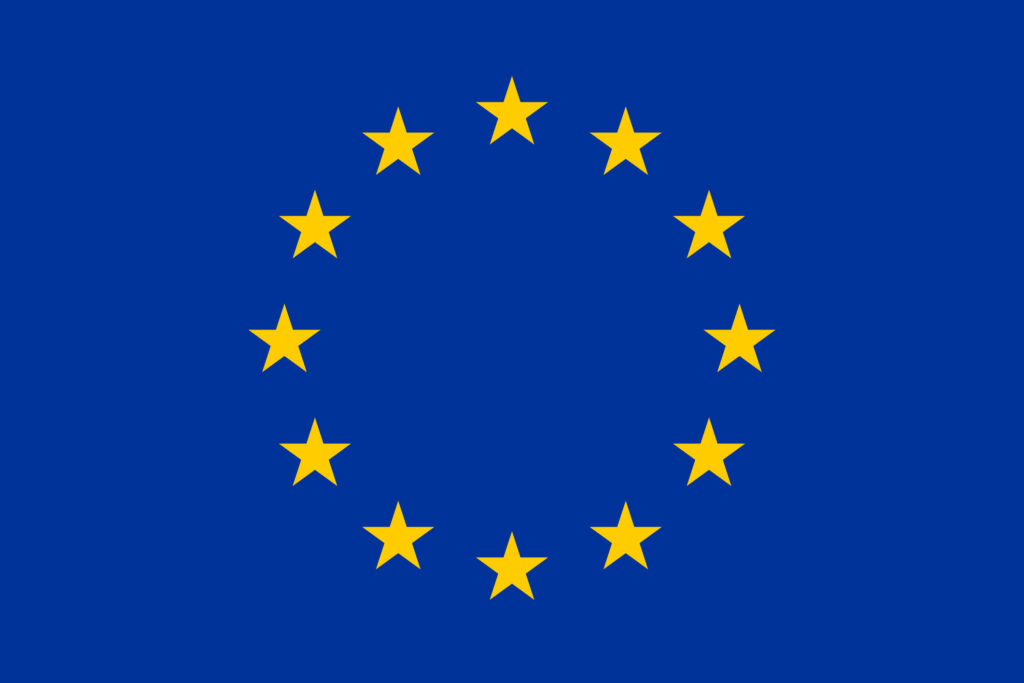After concluding two very successful new international treaties in 2012 and in 2013, dark clouds seem to be gathering again over WIPO, the UN agency in charge of fostering global standards in the field of intellectual property. Copyright, in particular, is running in circles and slowly out of steam… again. Of the two main dishes on the menu, one is getting cold while the other is triggering fears of indigestion.
Broadcasting and cablecasting organisations have been trying for more than 18 years to get rights to protect their signals against piracy. Today, after many highs and lows, member States are still discussing how far such protection should reach with respect to online content-carrying signal use and whether these new rights should be proprietary or merely enable broadcasters to oppose the unauthorised appropriation of their signals.
At the same time, a cluster of member States have brought about a set of new priorities and are actively lobbying for new wide-ranging exceptions and limitations to be harmonised at international level – including for the benefit of libraries, educational establishments and museums, among others – meeting with the resistance from copyright-based industries and those member States where they have developed their business models, based on wise and subtle combinations of rights and limitations. The underlying, legitimate fear is that new, disrupting regulations may throw away the baby with the bath water by undermining the protection that creative industries need to remain sustainable in the long run. Clearly this is now where countries are disagreeing most openly at WIPO today, many of them arguing for increased cooperation and industry-led initiatives promoting a more indulgent expression of copyright, and others for hard laws and global norms limiting what they claim is an intransigent copyright, unaffected by the needs of developing countries.
At the 31st meeting of the Standing Committee on Copyright and Related Rights in December 2015, a last minute concept paper was tabled by the group of Latin American countries for further consideration by the Committee, raising the need to consider the value gap in the online music economy, promoting an environment more equitable to creators but also arguing for an extension of the exhaustion of rights principle to the online environment and questioning the effectiveness of the three-step test to limit the scope of exceptions and limitations for online uses. The document was made available at very short notice and will require further assessment by the WIPO member States.
FIA supports the principle that performers must be fairly remunerated for the use of their work, including, most importantly, in the online environment. For too many performers, this is regrettably not yet the case due to their weak bargaining power and prevailing unfair contractual practices. FIA however remains vigilant with respect to measures that may affect the viability of the audiovisual industry, such as proposals to replace exclusive rights with rights of remuneration, or measures that may upset territorial licensing and weaken the relevance of the three-step test in the online environment. FIA also urges governments to speed up the ratification process of the WIPO Beijing Treaty, which enables effective mechanisms to reward performers for the online use of their work.





